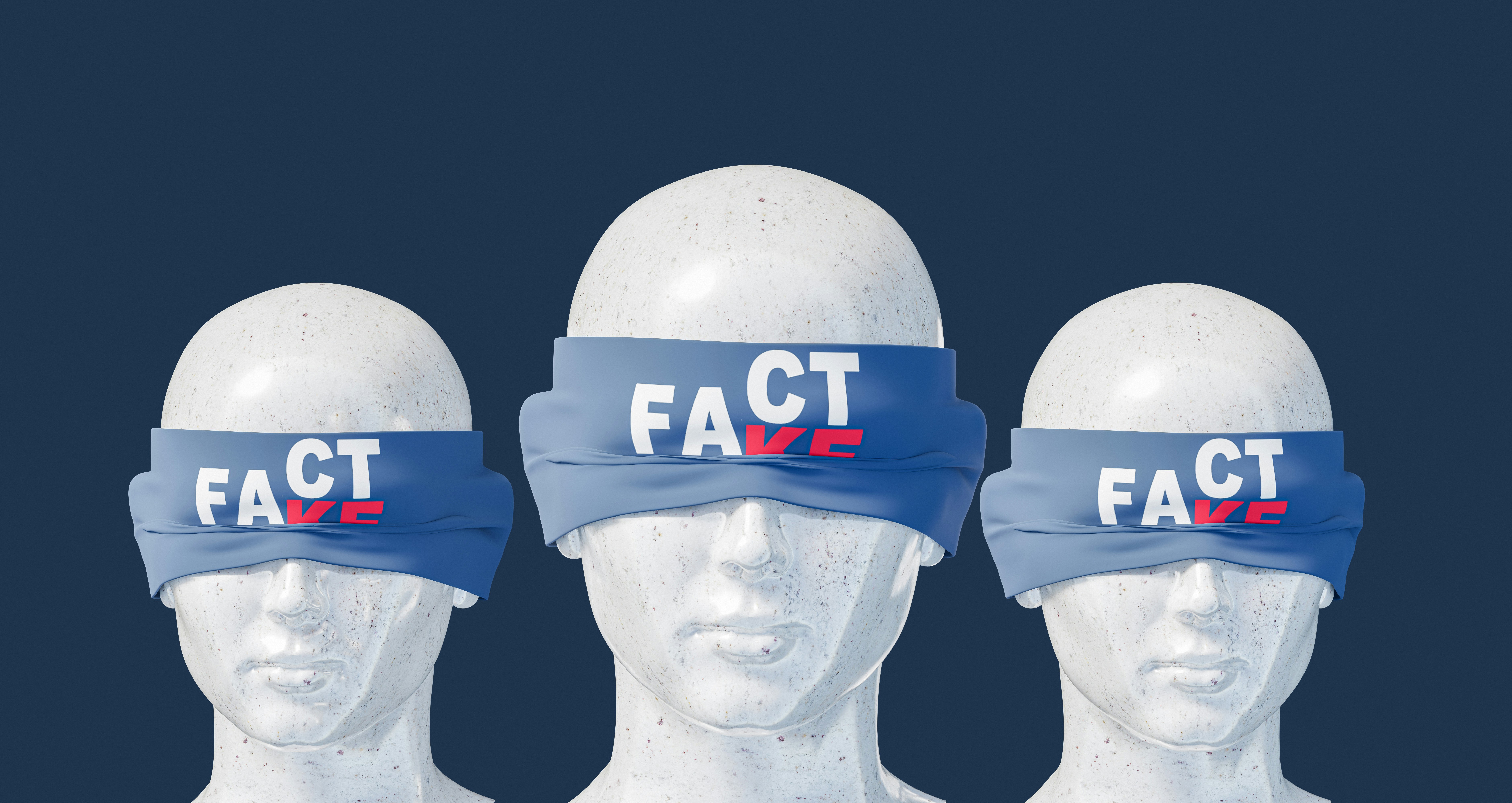Objectivity and Rationality, What Must be Done

The Illusion of Objectivity: Psychoanalysis, Politics, and the Urgent Present
The Shrinking Scope of Psychoanalytic Inquiry
In 1923, Sigmund Freud, in a letter to Romain Rolland, expressed a yearning for the "illusion" of humanity learning to overcome its destructive impulses. He questioned what future awaited us if we failed in this endeavor. This poignant question resonates even more powerfully today, as we face numerous threats to our existence, yet psychoanalytic discourse often seems detached from these pressing realities.
Over the past decades, the focus within psychoanalysis has shifted. While new diagnostic categories offer some relief, they can also distract from the larger interpersonal context, including the political realm. This narrowing of scope is concerning, particularly given the escalating dangers of unchecked political forces.
"Much of my life has been devoted to trying to shed illusions," Freud wrote. But are we now clinging to new illusions, blinding ourselves to the objective truths that shape our world?
The Omission of the Political
A troubling silence pervades the psychoanalytic community regarding critical global issues like genocide, economic precarity, and the looming threat of nuclear war. While some psychoanalytic texts touch on the concept of reality, they often prioritize subjective experience over objective facts, neglecting the historical and political forces that shape individual lives.
This disregard for the political is not new. The first generation of psychoanalysts, including Freud himself, remained largely silent on the rise of fascism and the horrors of the Holocaust. While understandable given the immediate dangers they faced, this silence set a precedent for a detachment from political realities that continues to this day.
Selective Outrage and Talion Morality
While often silent on broader political issues, psychoanalytic organizations have, at times, intervened in specific political conflicts. Their responses, however, have often been marked by selective outrage and a simplistic "eye for an eye" morality. The condemnation of Hamas in 2003, while acknowledging the horrific violence, lacked a nuanced understanding of the historical context and the ongoing Israeli-Palestinian conflict. This selective engagement further reinforces the perception of psychoanalysis as detached from the complexities of the political world.
Distortions of History and the "Other"
Palestinian-Lebanese-Arab-Canadian-Christian psychoanalyst George Awad criticizes the tendency within psychoanalysis to project fantasies onto "the other," particularly in the context of the Arab and Islamic worlds. This lack of understanding and engagement with the historical and cultural realities of different groups reinforces harmful stereotypes and hinders meaningful dialogue.
The Urgency of Now: No Time for "Longue Durée"
The Marxist concept of "longue durée," the slow, gradual unfolding of historical processes, feels increasingly irrelevant in the face of immediate existential threats. Climate change, driven by human activity, is rapidly transforming our planet, with irreversible consequences. The danger of nuclear war, highlighted by whistleblowers like Daniel Ellsberg, hangs over us like a sword of Damocles.
We do not have the luxury of a "longue durée." Urgent action is required to address these threats. This requires not only a clear understanding of the scientific and political realities but also a fundamental shift in our values and priorities. We must move beyond the confines of individual subjectivity and engage with the objective truths that shape our collective future.
A Call to Action
The challenges we face demand a renewed focus on objective reality and a willingness to confront uncomfortable truths. Psychoanalysis, with its focus on understanding human behavior and motivation, has a crucial role to play in this process. By engaging with the political and historical forces that shape our world, psychoanalysis can contribute to a more nuanced and effective response to the urgent crises of our time.